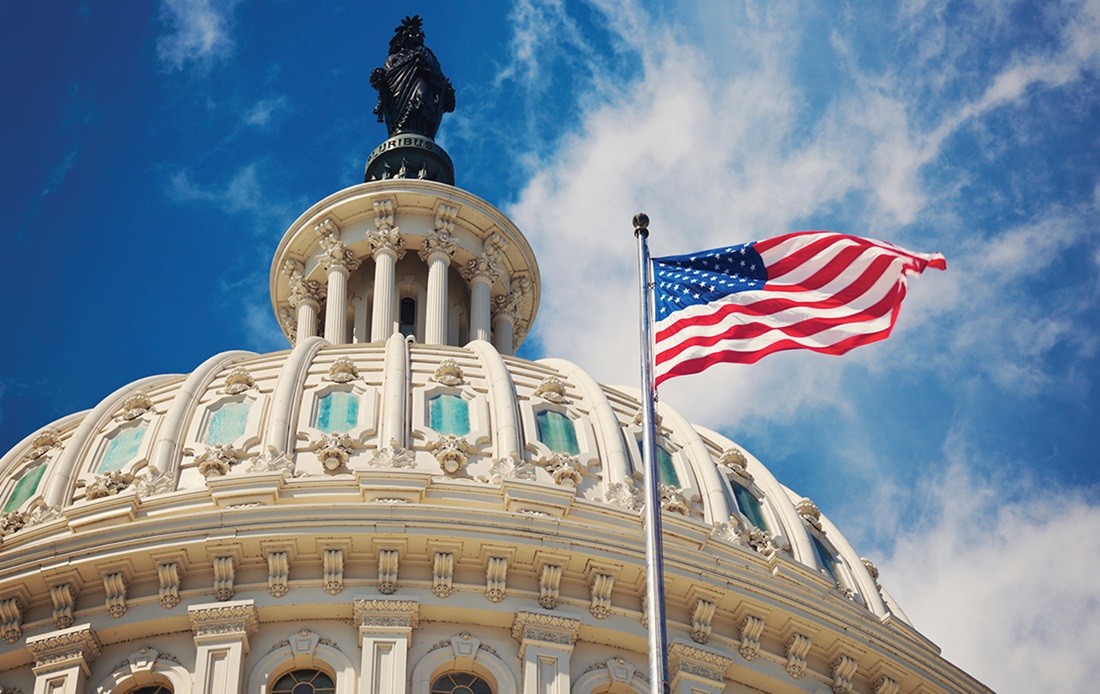ADA opposes new dental therapy model legislation
Association says move does not adequately increase access to care

The American Legislative Exchange Council has adopted model legislation to authorize dental therapy, a move the ADA said fails to adequately advance access to quality oral health care.
In a Sept. 26 news release, the Association said the ALEC model legislation does not create a viable member of the dental team, meaningfully improve access to care or provide adequate protection of the public’s health.
“Put simply, dental therapy does not increase access to care in an appropriate, timely and economically feasible way,” the ADA said.
Although the ADA sent a letter to the ALEC board of directors outlining the proposal’s policy shortcomings, ALEC officially adopted its model Aug. 30 electronically along with more than 50 other models pertaining to other issues not related to dental therapy. The ADA said it will continue to advocate against the model legislation both with ALEC and in states where the legislation could be proposed.
ALEC’s model act supports the licensure of dental therapists who satisfy certain required criteria, allowing them to perform procedures that may require the patient to be under local anesthesia. The ADA reaffirmed its belief in the news release that dentists are the only professionals qualified to properly diagnose dental disease, identify oral pathology, perform surgical procedures and supervise certain procedures by dental team members, especially when local anesthesia is administered.
The model legislation states that dental therapists may provide services under the “general supervision” of a “qualifying dentist.” General supervision is defined as the dentist not being physically present in the office or practice while the dental therapist is performing procedures, “but that the tasks or procedures performed by the dental therapist are being performed with the prior knowledge and consent of the dentist.”
But ADA President Linda J. Edgar, D.D.S., said this is not enough.
“The dentist is the qualified professional to diagnose dental disease, and written standing orders are not a substitute for obtaining a diagnosis,” Dr. Edgar said.
The release goes on to criticize the model’s failure to specify that dental therapists must graduate from a program accredited by the Commission on Dental Accreditation and highlights the fact that many dental therapy programs have struggled to maintain viability without a significant investment of government subsidies.
“Because of these major flaws the ADA opposes this model and will encourage the state societies and other organizations to oppose it. A better and faster approach to address dental workforce shortages is to fund initiatives for existing dental education programs whose members function efficiently in the current dental team model,” according to the release.
Fourteen states currently have some form of dental therapy law on the books; however, most dental therapists practice in three states: Minnesota, Oregon and Washington. There are currently 139 dental therapists licensed in Minnesota. There is a small cohort of therapists practicing on tribal lands in Oregon under a pilot program organized by the Oregon Health Authority. A similar situation exists in Washington state, where in 2023, language was passed to expand the ability of dental therapists to work off of tribal lands, and now allows them to practice in federally qualified health centers and federally qualified health centers lookalike clinics.
Additionally, the ADA said it will continue to help the states achieve their goals to build an effective workforce through innovations that advance access to quality oral health care for all to provide the best outcome for the dentists and patients in the state.
The ADA will be calling upon its membership to urge the ALEC board of directors to reconsider its adoption action of its model dental therapy legislation at its upcoming policy summit in December.
The ADA News incorrectly reported the procedure by which the ALEC Health and Human Services Task force adopted model legislation on Aug. 30 after their July 26 meeting. The story has been updated to accurately reflect that procedure.



